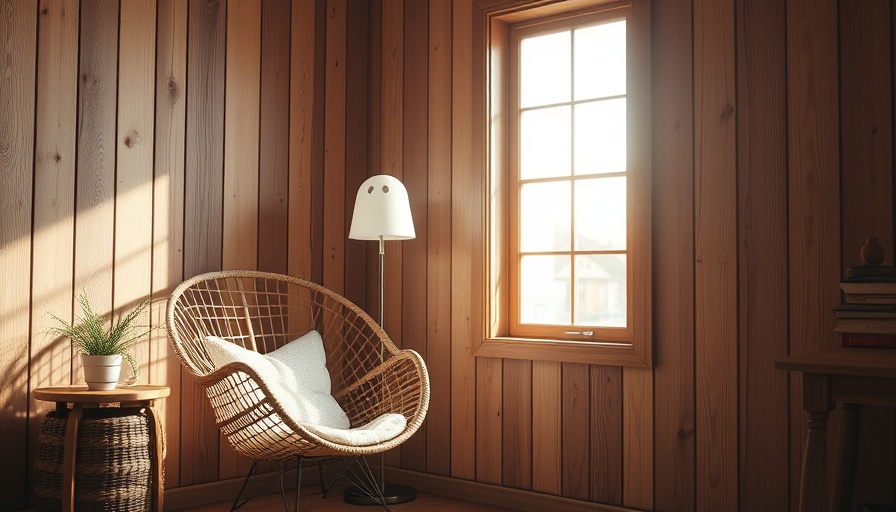
Understanding Brooklyn's Basement Challenges
Brooklyn, with its rich history and vibrant neighborhoods, also comes with its own set of unique challenges, particularly for homeowners dealing with basements. The combination of clay soils, high water tables, and dense urban infrastructure makes it a hotspot for moisture-related issues. Homes built over a century ago, especially those located near water bodies, are susceptible to seepage, mold, and structural problems. When heavy rains hit, local drainage systems often struggle, making basement waterproofing an absolute necessity in preserving your home's integrity.
Why Waterproofing Matters
Investing in the right waterproofing solution not only protects against everyday moisture but also enhances the overall longevity of your home. By preventing the need for costly repairs down the road, effective waterproofing systems can save you significant amounts of money while providing peace of mind. Additionally, the right membranes can improve the air quality in your home, safeguarding your family's health.
Types of Waterproofing Membranes Available
As homeowners evaluate waterproofing options, it's vital to understand the types of membranes available and their unique applications. The three primary categories include:
- Sheet Membranes: These durable, flexible sheets can be directly adhered to walls and floors, effectively preventing water penetration while providing a sturdy barrier against moisture.
- Liquid-Applied Membranes: Known for their versatility, these membranes can be sprayed or rolled onto various surfaces, creating a seamless barrier that is adaptable to different needs.
- Bentonite Clay Systems: Utilizing natural clay materials, these systems expand when wet, forming a barrier that can effectively seal moisture out.
Choosing the Right Waterproofing Membrane
Decisions about which waterproofing membrane to choose should be informed by several practical considerations. First, evaluate the specific moisture challenges you're facing in your basement. Is your primary concern groundwater infiltration, or do you worry more about moisture from the outside? Next, consider ease of installation. Some membranes are easier for DIY projects than others, which can save you time and costs.
Maintenance Tips to Keep Your Basement Dry
Once you've installed a waterproofing membrane, it's crucial to maintain it properly. Regular inspections of your basement for signs of moisture or mold can go a long way toward preventing larger problems. Here are some key maintenance tips to keep your basement dry:
- Inspect regularly: Schedule quarterly checks to look for gaps or cracks in your membranes.
- Check drainage systems: Ensure gutters and downspouts are clear and directing water away from the foundation.
- Monitor humidity levels: Using a hygrometer can help you keep an eye on moisture levels, ensuring they stay within a healthy range.
Future-Proofing Against Water Damage
When making waterproofing decisions, it’s essential to think forward. Trends toward climate change make it vital for homeowners in Brooklyn to consider adaptive waterproofing solutions, those that can handle increasing rainfall and rising water tables. Investing in high-performance membranes today can immensely enhance your home's resilience against future weather challenges.
Conclusion: Take Action to Protect Your Investment
Brooklyn homeowners face unique challenges when it comes to basement moisture, but by choosing the right waterproofing membrane, you're ensuring your home’s longevity and protecting your investment. Don’t wait for a rainy day to realize you need effective waterproofing solutions. Empower yourself with knowledge and tackle these challenges head-on!
 Add Row
Add Row  Add
Add 




 Add Row
Add Row  Add
Add 

Write A Comment